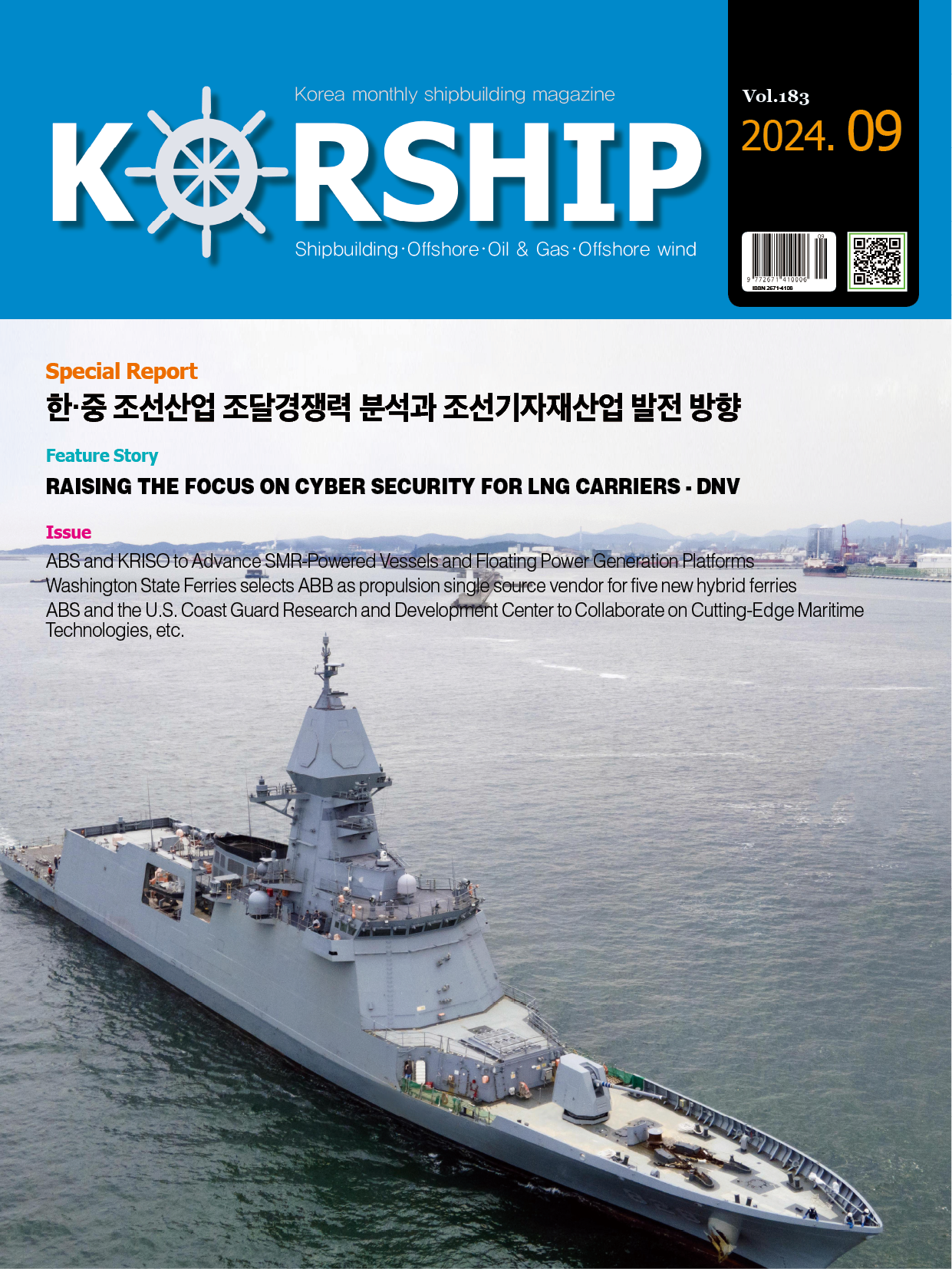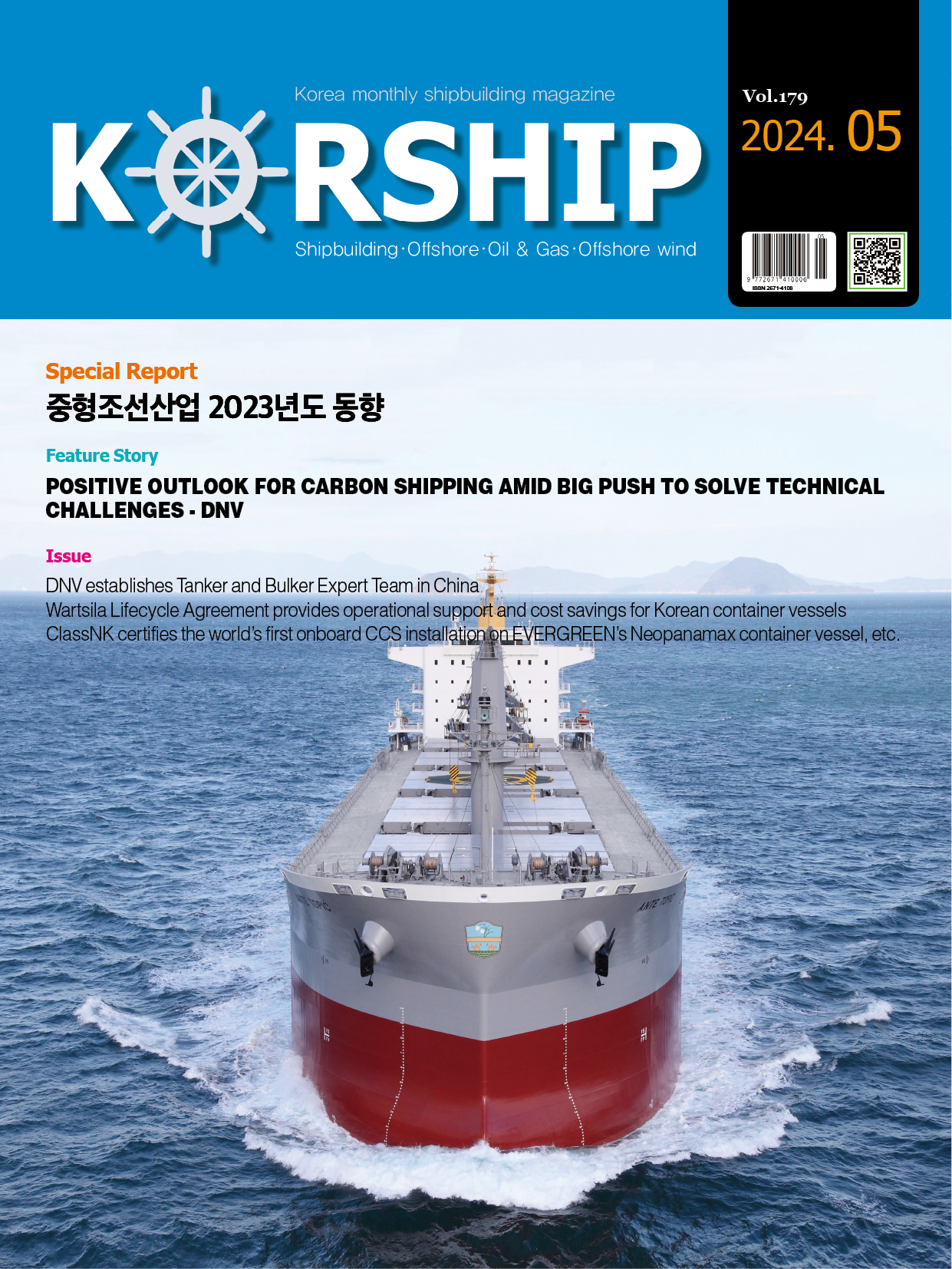Issue ABB future-proofs sustainable operation of Monterey Bay ocean research…
페이지 정보
작성자 최고관리자 댓글 0건 조회 1,716회 작성일 21-07-16 11:27본문
ABB to equip MBARI’s new flagship vessel with leading-edge solutions for sustainable yet maximum performance for decades to come.
Located in Moss Landing, California, the MBARI (Monterey Bay Aquarium Research Institute) seeks to advance marine science and technology to understand a changing ocean. Earlier this year, MBARI announced construction of a new state-of-the-art research vessel named in honor of its founder, David Packard.
Upon delivery in 2023, the 50-meter-long vessel with 18 scientists and a crew of 12 on board will support MBARI’s work to study the depths of Monterey Bay and beyond. The vessel will enable further exploration of the Monterey Canyon – one of the deepest underwater canyons off the west coast of the United States that extends more than 470 kilometers offshore and plunges some 4,000 meters deep.
Monterey Bay’s submarine canyon provides MBARI a window to the world ocean. For more than 30 years, MBARI’s research has revealed the astounding diversity of life deep beneath the surface, and the institute’s technology innovations have provided valuable insight into the ocean’s geological, ecological, and biogeochemical processes.
The ship’s design has been developed by the Seattle-based research vessel specialist Glosten, with construction to take place at Spain’s Freire Shipyard, renowned for its experience in complex shipbuilding projects for research vessels, yachts and offshore vessels.
R/V David Packard will feature a wide scope of ABB’s electric, digital and connected solutions, and will be the world’s first research vessel to feature ABB’s award-winning Onboard DC Grid™ power system platform.
Onboard DC Grid™ is particularly well suited for research vessels as its quiet operation on board ensures minimal interference with scientific instruments, as well as enables lower levels of underwater noise radiated below the ship’s hull. The system will also help the vessel achieve increased fault tolerance, and with fewer components than a conventional AC solution, it will allow for a flexible placement of electrical equipment on board. In addition to space savings, the Onboard DC Grid™ setup will save over 2,000kg, weighing about 30 percent less than a comparable AC system. While optimizing vessel efficiency and responsiveness, Onboard DC Grid™ will enable MBARI to switch to zero-emission energy sources in the future.
The distributed control system ABB Ability™ System 800xA will integrate ABB’s digital, power, propulsion, low voltage distribution and vessel management systems into one single-view platform, enabling both crew and onshore teams to get a comprehensive overview of all the information needed to operate the vessel in the safest and most efficient manner. The overall power setup will be controlled by ABB’s Power and Energy Management System (PEMS™), which will also increase fault tolerance and provide a high degree of reliability.
R/V David Packard will be connected to ABB Ability™ Collaborative Operations Center infrastructure, which monitors the performance of ABB technology on board and remotely connects operators with ABB experts – no matter where future missions take the research vessel.












